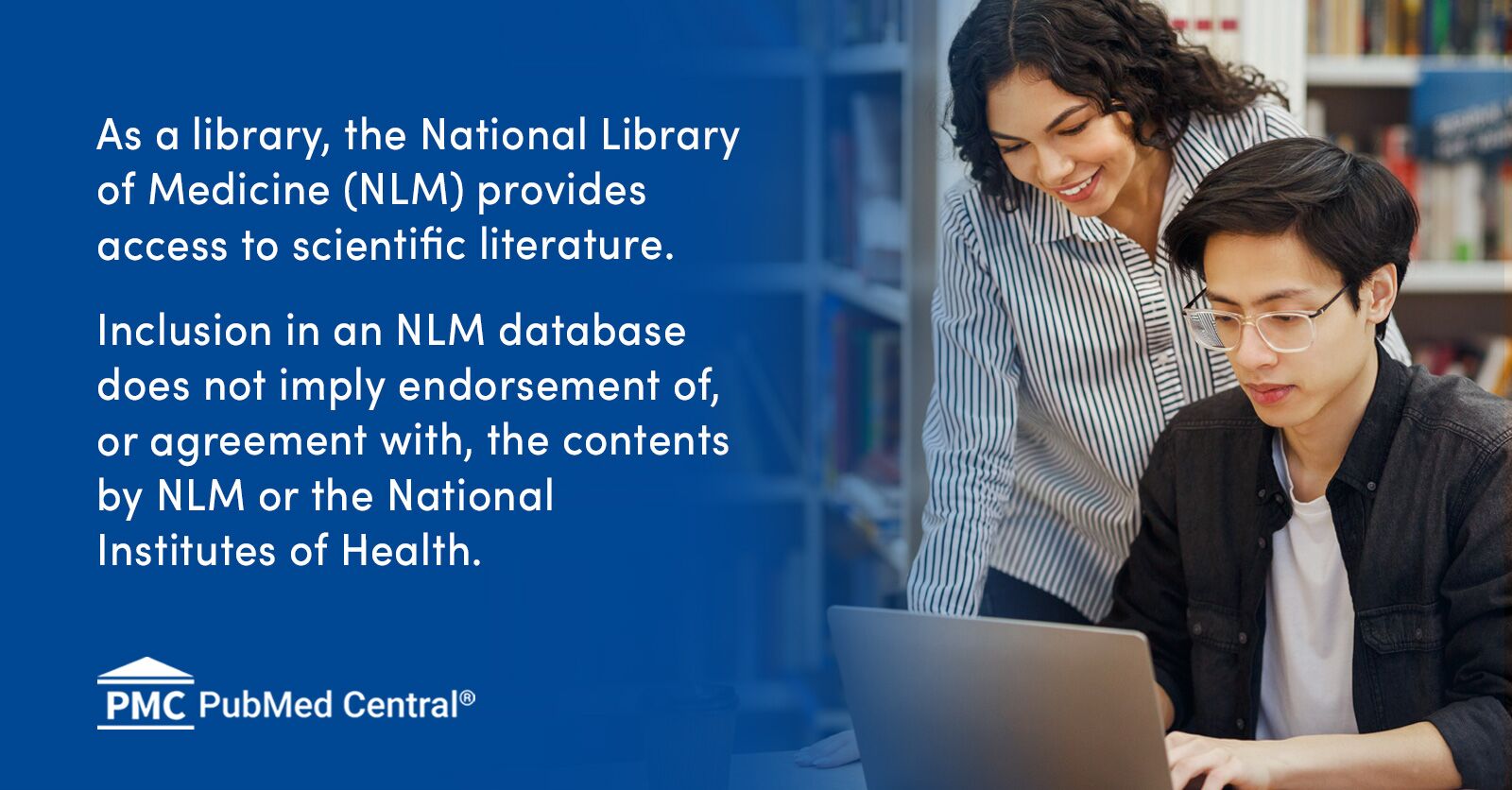A recent meta-analysis has sparked huge scientific and public controversy by stating that the placebo effect can explain the apparent clinical effectiveness of antidepressants. But wait a second, aren’t there clinical trials providing compelling evidence for antidepressant effectiveness–in fact, thousands of them? If a meta-analysis just compiles all the best published research, how could it say they don’t work much better than a sugar pill? The key word is published.
What if a drug company decided to publish only studies that showed a positive effect, but quietly shelved and concealed any studies showing the drug didn’t work? If you didn’t know any better, you’d look at the published medical literature and be like, wow, this drug is great. What if all the drug companies did it? To find out if this was the case, researchers applied to the FDA under the Freedom of Information Act to get access to the published and unpublished studies submitted by pharmaceutical companies. What they found was shocking.
According to the published literature, the results of nearly all the trials of antidepressants were positive; they work! In contrast, FDA analysis of the trial data showed that only roughly half of the trials had positive results. In other words, about half the studies showed the drugs didn’t work. Thus, when published and unpublished data are combined, they fail to show a clinically significant advantage for antidepressant medication over a sugar pill. Not publishing negative results undermines evidence-based medicine and puts millions of patients at risk for using ineffective or unsafe drugs, and this was the case for these antidepressant drugs.
These revelations hit in 2008—Prozac, Serzone, Paxil, and Effexor—they worked, but so did sugar pills, and the difference between the drug and placebo was small. That was 2008. Where were we by 2014? Analyses of the published data and the unpublished data that were hidden by the drug companies reveals that most (if not all) of the benefits of antidepressants are due to the placebo effect.
And what’s even worse, Freedom of Information Act documents show the FDA knew about it, but made an explicit decision to keep this information from the public and from prescribing physicians. How could drug companies get away with this?
The pharmaceutical industry is considered the most profitable and politically influential industry in the United States, and mental illness can be thought of as the drug industry’s golden goose: incurable, common, long-term, and involving multiple medications. Antidepressant medications are prescribed to 8.7% of the U.S. population. It’s a multi-billion dollar market, just that class of drugs.
To summarize, there is a strong therapeutic response to antidepressant medication; it’s just that the response to placebo is almost as strong. Indeed, antidepressants offer substantial benefits to millions of people suffering from depression. To cast them as ineffective is inaccurate. Just because they may not work better than fake pills doesn’t mean they don’t work. It’s like homeopathy. Just because it doesn’t work better than the sugar pills that they are doesn’t mean that homeopathy doesn’t work, because the placebo effect is real and is powerful.
In this psychopharmacology journal, a psychiatrist funded by the Prozac company defends the drugs. A key issue is disregarded by the naysaying critics. If the patient is benefiting from antidepressant treatment, does it matter whether this is being achieved via drug or placebo effects?
Yes, it matters! Among the side effects of antidepressants are sexual dysfunction in up to three-quarters of people, long-term weight gain, insomnia, nausea, and diarrhea. About one in five show withdrawal symptoms when they try to quit. And perhaps more tragically, they may make people more likely to become depressed in the future. People are more likely to become depressed again after treatment by antidepressants than after treatment by other means–including placebo.
So if doctors are willing to give patients placebo-equivalent treatments, maybe it’d be better for them to just lie to patients and give them actual sugar pills. Yes, that involves deception, but isn’t that preferable to deception with a side of side effects? Maybe medical bodies need to accept that a spoonful of deception may be therapeutic.
If different treatments are equally effective, then shouldn’t the choice be based on risk and harm? And of all the available treatments, antidepressant drugs may be among the riskiest and most harmful. If they are to be used at all, it should be as a last resort, when depression is extremely severe and all other treatment alternatives have been tried and failed.
Antidepressants may not work better than placebo for mild and moderate depression, but for very severe depression, the drugs do beat out sugar pills. But that’s just a small fraction of the people taking these drugs. That means that the vast majority of depressed patients—as many as nine out of ten—are being prescribed medications that have negligible benefits to them.
Too many doctors just quickly decide upon a depression diagnosis without necessarily even listening to what the patient has to say, and they end up putting them on antidepressants without considering alternatives. And fortunately, there are effective alternatives. Physical exercise, for example, can have lasting effects, and if that turns out to also be the placebo effect, it is at least a placebo with an enviable list of side effects.
Whereas side effects of antidepressants include things like sexual dysfunction and insomnia, side effects of exercise include enhanced libido and better sleep, decreased body fat, improved muscle tone, and a longer life.

